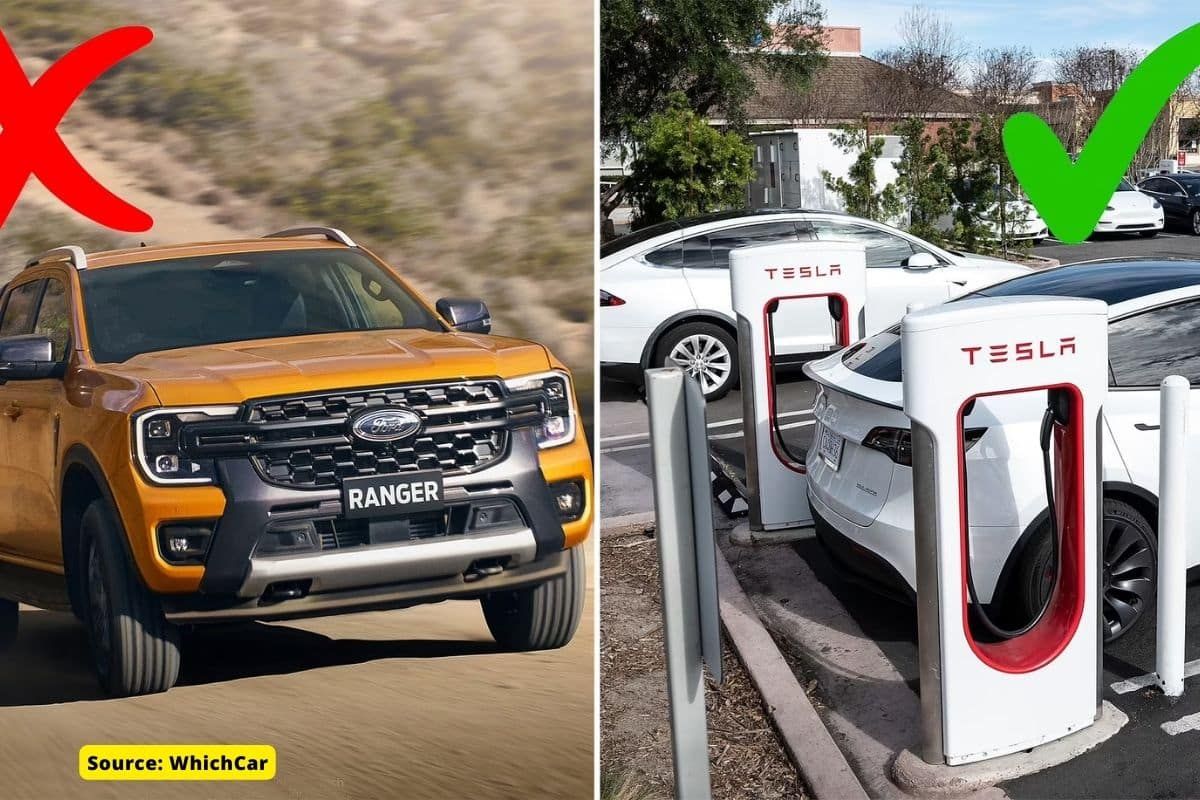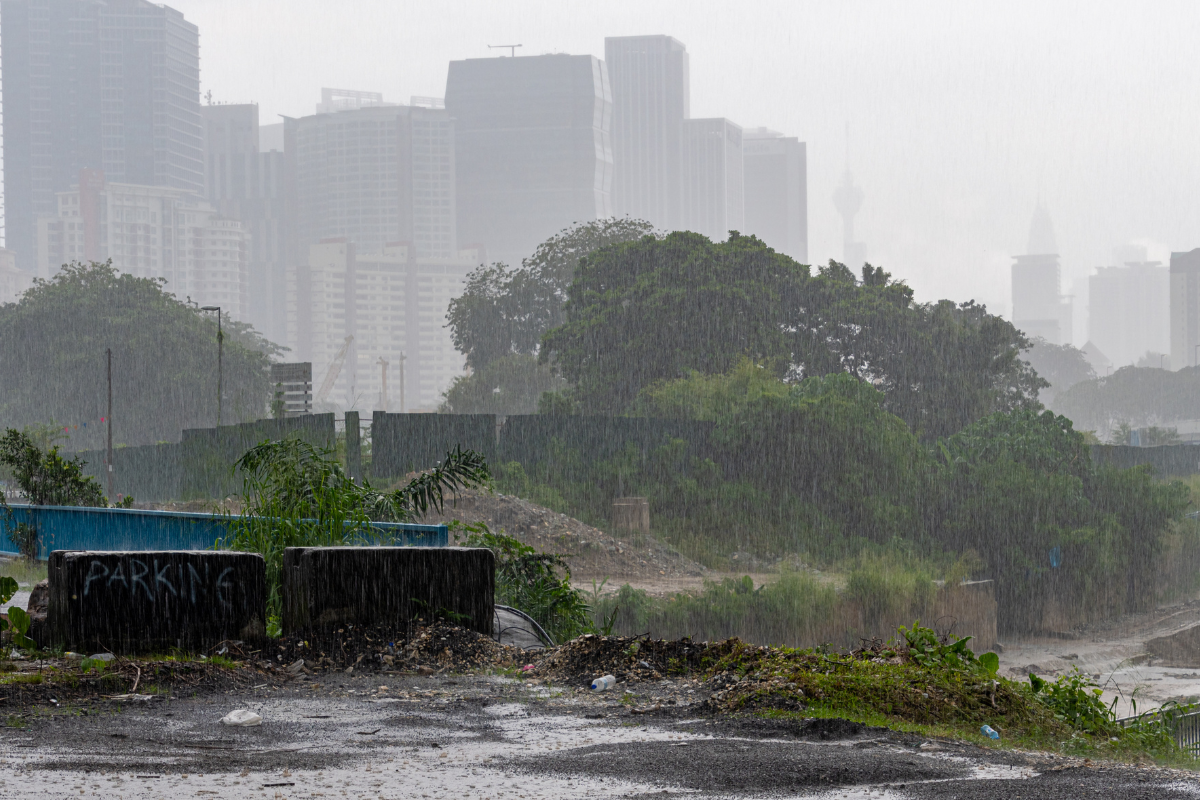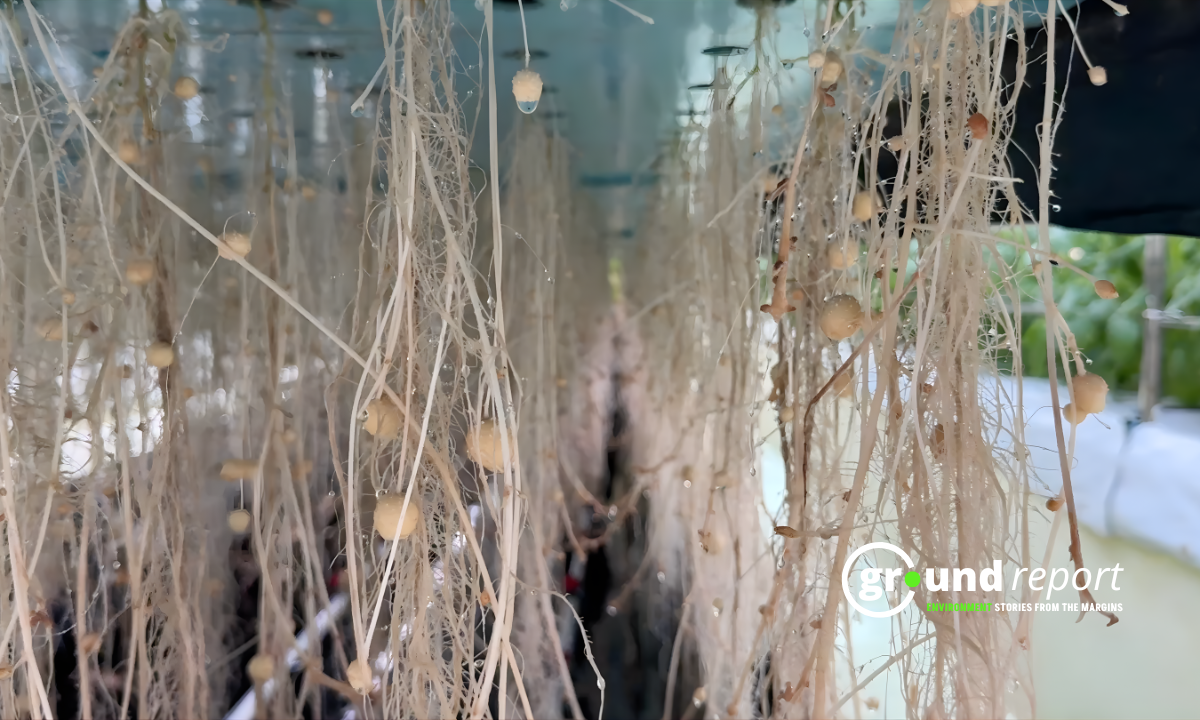The Bank of Australia will stop lending money to drivers to buy new petrol or diesel cars from 2025, it has announced. The decision to stop financing the sale of fossil fuel-powered cars is part of the bank’s strategy to achieve a goal of zero emissions by 2035 and comes as the federal government prepares to release its National Electric Vehicle Strategy, which is expected to put the debate on fuel emissions legislation squarely on the table.
Bank Australia to fight climate change
Bank Australia’s Chief Impact Officer Sasha Courville released a statement that said, in part, “Ultimately, our announcement today is the start of a conversation with our customers and a signal to the broader market that if you’re Considering buying a new car, you should seriously consider an electric vehicle, both for its climate impact and lifetime cost savings.”
The decision won’t take effect until 2025, and once it does, the bank will only make loans for used gasoline-powered cars until the market offers a reasonable number of used electric vehicles. The bank also has a goal of reaching net zero emissions by 2035.
“We chose 2025 because the shift to electric vehicles has to happen quickly, and we believe it can do so with the right supporting policies to bring a wider range of more affordable electric vehicles to Australia,” he said.
“We’ve been thinking about the carbon impact of auto loans since 2004, when we launched our first carbon-offset auto loan, and have offered discounted interest rates for low-emission vehicles since 2018.”
Although the bank already offers lower interest rates for electric vehicle loans, Courville says the right thing to do is eliminate new fossil fuel car loans altogether. “We believe the most responsible thing we can do next is to make sure our vehicle loans don’t result in higher carbon emissions and higher running costs for our customers for years to come,” he said.
Third largest contributor to carbon emissions
Transport is the third largest contributor to carbon emissions in Australia. The sector generates around 18% of all emissions and has increased by 48% since 1990, according to the latest greenhouse gas emissions report from the Department for Climate Change, Energy, Environment and Water.
The previous LNP government promised a strategy in 2020 to encourage the adoption of electric vehicles in order to reduce emissions in the sector, but it was never carried out.
The current Labour government is now picking up the pieces, and the key to the debate over cleaning up Australia’s transport sector is fuel emissions standards. Aside from Russia, Australia is the only developed country without legislation to prevent automakers from selling polluting cars.
Without such legislation on the table, automakers have been reluctant to offer the wide range of cars that drivers abroad have. In particular, there is a gap in the market for utility vehicles and low-cost electric cars.
Electric vehicles to Australia
Only Tesla has been able to supply a large number of electric vehicles to Australia. Newcomer BYD looks set to bring thousands of affordable electric vehicles, but other automakers are holding back and there are very few priced below $60,000.
Although the Bank of Australia’s low-interest loan for electric vehicles helps more Australians buy them, avoiding rising fuel prices and high maintenance costs, Courville says the Bank of Australia recognizes that not all Australians are yet in the market for an electric vehicle.
- Already half-shrinking Swiss glaciers intensify melting: Study
- Cost of Development: Almond Farmers losing land in Kashmir
- What is loss and damage, and what does it mean for South Asia?
- Climate Change: Why are Kargil Villages facing drought like situation?
- Floods: How melting glaciers fueled disaster in Pakistan?
You can connect with Ground Report on Facebook, Twitter, Koo App, Instagram, and Whatsapp and Subscribe to our YouTube channel. For suggestions and writeups mail us at GReport2018@gmail.com









